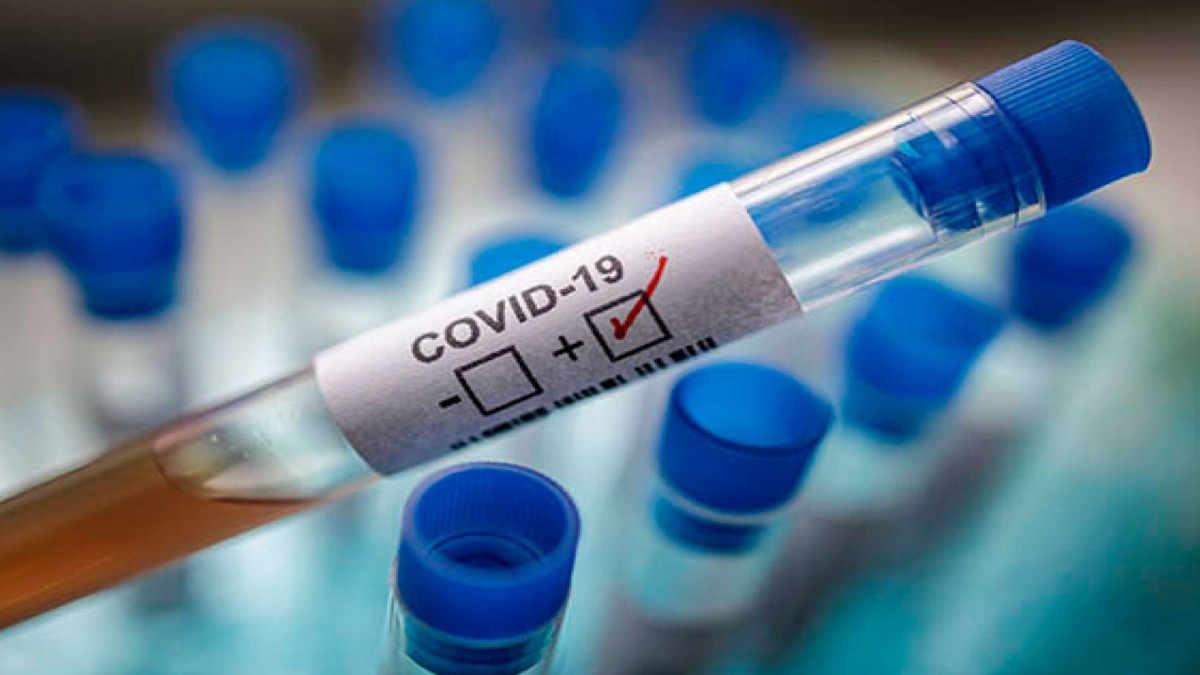


Unstable housing and homelessness are associated with a two-fold greater chance of being re-infected with SARS-CoV-2 compared to those who are securely housed, as demonstrated by the results of a new study.
The study was published in the journal Clinical Infectious Diseases, Led by researchers at Boston Medical Center, the data indicate that unstable housing was the only demographical factor associated with re-infection despite the presence of antibodies from the first infection. The findings demonstrate that potentially high levels of SARS-CoV-2 exposure can overcome robust immune responses, and continuing to follow COVID-19 guidelines may help prevent high-risk SARS-CoV-2 exposure among individuals who are experiencing housing insecurity.
“Most individuals with a previous SARS-CoV-2 infection seem to be protected from the virus for many months or even longer, yet some individuals can become infected again with the virus only a few months later,” said Manish Sagar, MD, an infectious diseases physician at Boston Medical Center.
Manish added, “We conducted this study to understand whether cases of re-infection with SARS-CoV-2 are associated with any demographic characteristics or if reinfection is due to a deficiency in the patient’s immune response.”
Using electronic medical record data from Boston Medical Center patients, individuals who tested positive for SARS-CoV-2 who tested positive again for SARS-CoV-2 after at least 90 days after initial infection were included in the study cohort (n=75).
All individuals that tested negative at least 90 days after an initial SARS-CoV-2 infection were included and classified as the convalescent group (n=1,594). No individuals in this study received a COVID-19 vaccine given that the data was collected prior to the public availability of these vaccines.
The analysis showed that the only demographical factor associated with re-infection was unstable housing and/or homelessness, suggesting that individuals who are homeless are more at risk for re-infection than those with a stable living environment.
The data also showed no significant differences in the antibodies between the re-infection and convalescent groups, and individuals who were re-infected still had SARS-CoV-2 antibodies present, suggesting that exposure to repeated and/or high levels of the virus may be able to overcome the immune responses.